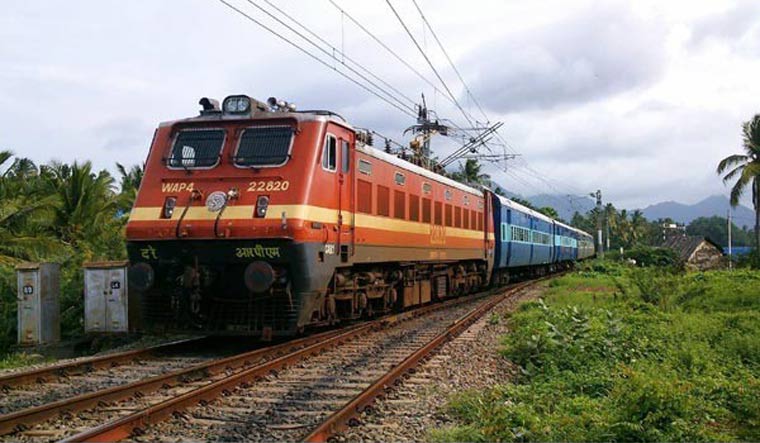To ensure substantial savings for the Indian Railways, Railway Minister Piyush Goyal has advocated implementation of electronic reverse auction (ERA) for all high-value procurements which will result in a 10 per cent savings in costs and a total saving of up to Rs 20,000 crore in procurement.
Keen to ensure transparency, ease of doing business and prevent monopolisation by cartels in the Indian Railways through ERA, the fresh initiative is expected to secure substantial savings for the sector. Currently, the Indian Railways has an annual total capex of Rs 1,50,000 crore.
Additionally, the Indian Railways procures goods worth Rs 50,000 crore annually for the production and maintenance of rolling stock, passenger and goods, services and other safety-related works.
The implementation of ERA for all high-value procurement, including the supply of goods, services as well as projects and works, is expected to improve transparency and competitive bidding. Electronic Reverse Auction will also provide a level-playing field to the industry engaged in supply of goods, services and works.
Another advantage is ease of doing business as it will eliminate human intervention and will provide paperless transactions. This will also offer more competitive bids for Railways' supply items, and for works and services.
Buyers will also save time and money as all the bids arrive in the same format, which simplifies comparison. Last, EPA will prevent the formation of cartels, thus preventing the alteration of prices.
CRIS, the IT wing of Indian Railways has developed a new software for adoption. The software will be easy to operate by all without charging any fee. It will also cover Government of India Policy initiatives such as "Make in India Policy" and micro, small and medium enterprises (MSME).
Earlier, in a bid to reduce expenditure on procurement, the Ministry of Railways issued a new set of guidelines for electronic auction/reverse auction for works, services and earnings tenders .
also read
- IMF raises India's growth projection to 6.8 pc; growth in China likely to slow to 4.6 pc
- Double economy, exports: PM Modi's growth plan for probable 3rd term
- Corporate credit rating upgrades continue to outweigh downgrades
- Railways on track to register best-ever freight business, revenue generation, track laying: Govt
As per Railway Board guidelines, purchase through reverse auction (RA) shall be the preferred method for procurement of stores tenders valued at more than Rs 10 crore, and for works and services for tenders valued higher than Rs 50 crore in each case. However, it notified that the process would be followed only when at least three approved vendors or three proven/likely competitive sources would be present and financial bids are undertaken in single currency/parameter.
The new guidelines state that each tender should clearly specify essential technical and commercial parameters in a transparent manner. The board said the convener of the tender committee constituted for the purpose will ascertain the initial electronic RA period (e-RA), auto-extension period and minimum decrement in percentage value of the last successful bid.
After submission of the initial bid, the ministry said tenderers would not be allowed to revise taxes and other levies. It further noted that during the auction period, identities of the participating tenderers would not be disclosed.
On the other hand, bidders will be required to electronically submit a technical and commercial bid and initial price offer (IPO). Once the last offer is made, bidders will not be permitted to withdraw the same.
Once the bids are submitted, the tender committee will undertake technical and commercial evaluation of the same, as per guidelines, delegation and estimated value of tender. IPO of those bidders categorised as 'Qualified for Award of Contract', the ministry said, would be assesses separately.

